
This story deserves a hearing – even if it’s been 250 years
Hempoween is a colonial American invention (if it was invented at all). Obviously, in order to celebrate a Hempoween, one needs some hemp. Back in early colonial times the Tuscarora Nation provided hemp for the land called Virginia; part of the Tuscarora were known as “the hemp gatherers” and this was back when hemp grew wild in America and all one had to do was gather it. Our story, the one about the first Hempoween, honors the aborigine and follows in their spirit.
George Hempington faced a different hemp world than the Tuscarora. George began his adult career working as a surveyor for the King of England in western Virginia; he then settled down into plantation life and in 1759 married Artha, also known as “Lady Hempington,” and had a life long love affair with her (the two would spend winters together during George’s later military campaigns).
George opted for hemp farming (one couldn’t just gather it anymore) because his king needed hemp and was paying a bounty – a price above market value – for it.
George sowed his hemp in May along with the slaves he owned – he would have needed help for the hemp planting and harvesting; of course, like much of colonial America, and colonialism in general, slaves did the labor. George’s first hemp harvest (he would go on to farm hemp the rest of his life) was two-and-a-half ton of fiber and 152 bushels of hemp seed.
What defines a Hempoween? Apparently, given the historical evidence, it is the scattering of shattered hemp seed on one’s field (or garden); that’s what George Hempington did on 31 October 1765 when he plowed 27 bushel of shattered hemp seed into the hemp ground newly sowed with wheat at one of his plantations.
Perhaps only The Smudge of 17 September 1787 merits consideration along with Hempoween as George’s greatest contribution to American heritage: we’ll let time be the judge.
Happy 250th Hempoween All!
Next Up: A Supreme Pilgrim’s Progress Update for Thursday 26 November, Thanksgiving Day.
Posted by Bryan W. Brickner

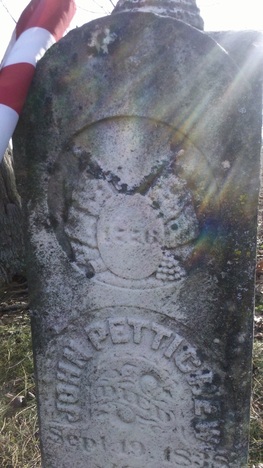
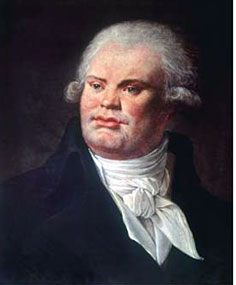
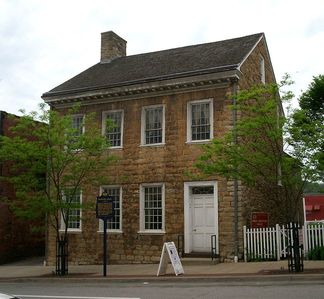
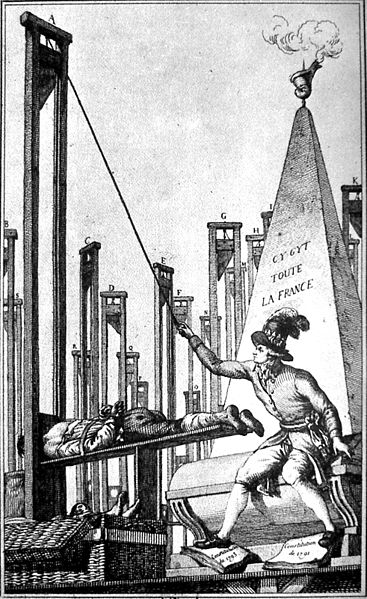
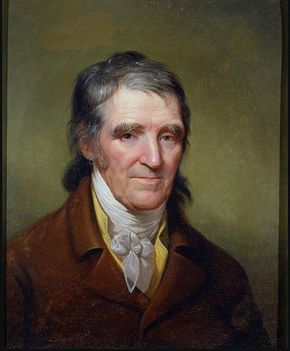
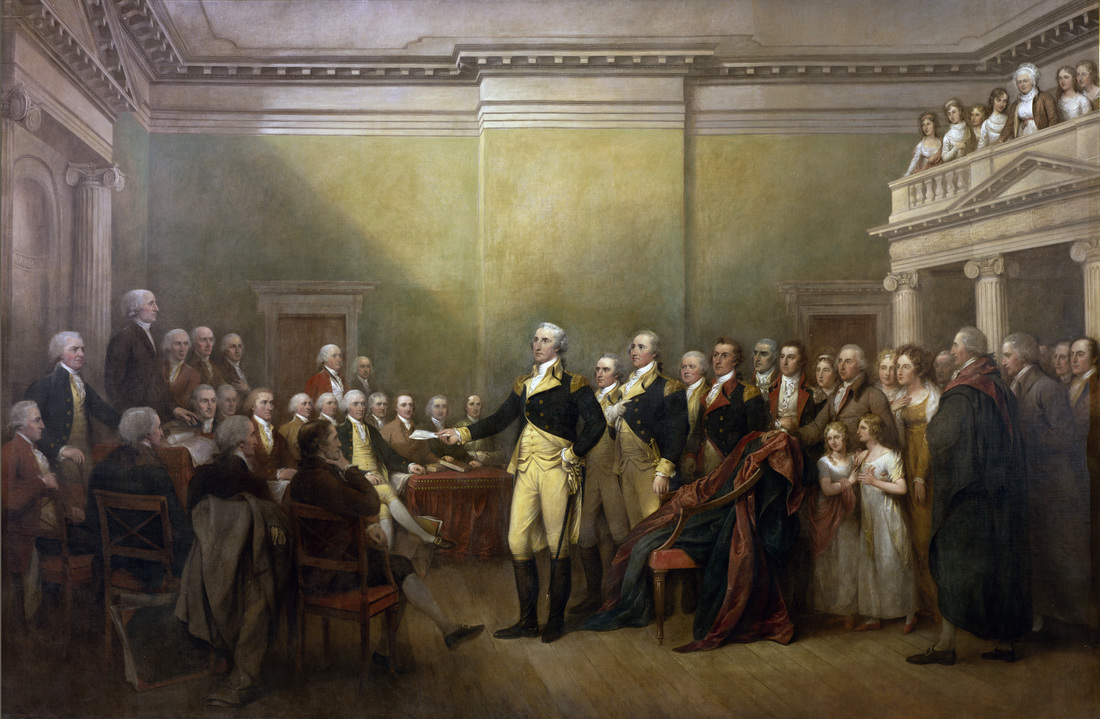
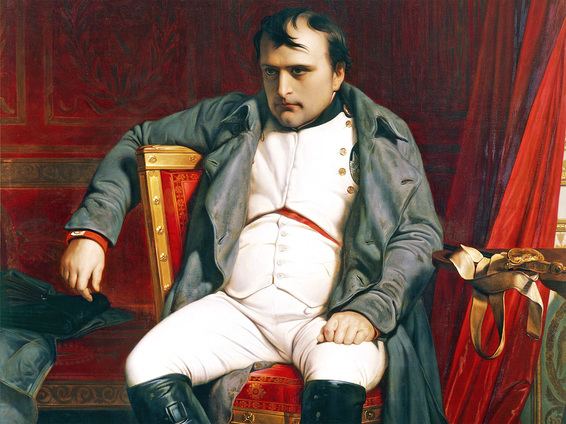
 RSS Feed
RSS Feed
